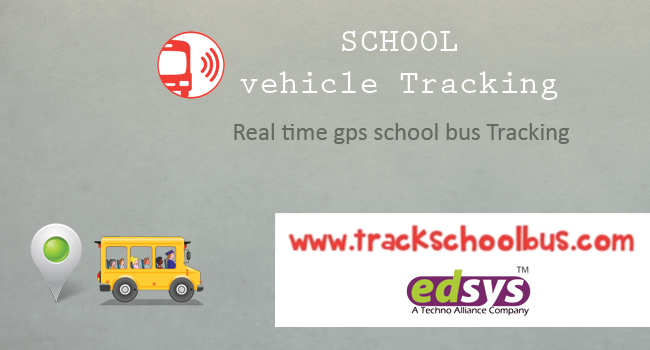Cloud computing is the buzz word in Information technology and the latest one to aid the transportation management. It refers to various approaches in which people can access a particular software or application via the internet.
Reports are usually generated by the school transportation software or app and delivered as a web page which is available to the user online. This cloud based school transportation software reduces the need for bulky servers and storage spaces for the user to compute and perform sophisticated analyses.
Fleet management services already utilize a variety of features based on cloud computing technology. Cloud based school fleet management systems have been already been implemented since 1994.
Nevertheless, the services offered might vary from the application, software for analysis or simple data storage facilities with easy and secure retrieval facilities.
Some providers build the application and place it in the cloud environment so that the users can access it and use whenever required without the need for downloading specific individual systems.
Cloud Based School Transportation Software – What are the Benefits
Ordinarily, a public cloud computing system offers the advantage of having a server system, which can be accessed by anyone through the internet.
When the servers are being maintained by the company which owns the software, it becomes private cloud. Access can therefore be restricted to the users. Most of the online shopping sites are portals to public cloud services.
1. Provides sufficient storage space for school transportation data.
The latest analytical techniques employ larger data and therefore require much larger memory and RAM for computing purposes. With cloud computing, this need is almost reduced to minimal and is replaced by the internet as a portal to reach the offshore software for analysis.
A cloud based school transportation software reduces the investment costs to a greater extent by writing off the need for large and dedicated servers to assist the data analysis. But the real advantage is in the reduction of the cost of maintenance of personnel and infrastructure. The software itself hardly contributes to the cost factor.
2. Facilitates generation of reports on safety, fuel management etc.
School fleet management systems can opt for the cloud based smaller version of the transportation management software. Fuel management efficiency, safety performance of vehicles, traffic related updates, etc. require more extensive data and rigorous analytical techniques which can be easily incorporated in the cloud.
Generating reports online is another task, which has been easily migrated to cloud computing. It allows the users to generate and store reports online and retrieve when needed.
3. Avoid costly proprietary systems which need frequent updates.
License fee and annual software maintenance fee are usually the income generation factors for such software. The cloud version usually has a monthly subscription in lieu of the license fee.
This is usually calculated according to the number of vehicles and personnel in the school fleet. It also writes off the frequent up gradation costs of the software charged by the service providers, thus enabling the user to avail the latest benefits without sudden renewal fees for the software.
In the end, this might still seem a costly affair, albeit with flexibility and choice of the user. Suppose the user increase the number of vehicles with a sudden investment, he need not buy the upgraded version.
This might be helpful if the school management decides to expand the school fleet suddenly. One can rather choose to pay for a higher monthly subscription. The switching over is easier and does not consume business hours.
4. Data retrieval easier for analysis or verification at later stages
Also the retrieval of data is easier when it is in the cloud. This means, a fleet manager can access the fleet data at any time and at any place just with an internet connection.
A larger data also allow for a wider range of analysis. And, one can access them with any platform with an internet connection, a laptop, tablet or even smart phones.
5. Can provide secure data retrieval mechanisms and avoid loss.
Consequently, the concerns on security can bother some users. The question of data security in a cloud is still debatable, although there have been fewer incidents of data theft in cloud based school fleet management systems.
The issue can be more due to fear concerns rather than the technological drawbacks.
The ownership of the data is another issue which worries some of the prospective customers. Moreover, the data doesn’t change the ownership by simply being on the cloud only that it is stored on a distant server which you take on a rent.
6. Data integration is easier for larger chain of schools
For a network of schools managed by the same investors, cloud based school transportation software assists in providing data integration and uniformity across all the schools. Data analysis with such systems is hence easier and effective.















